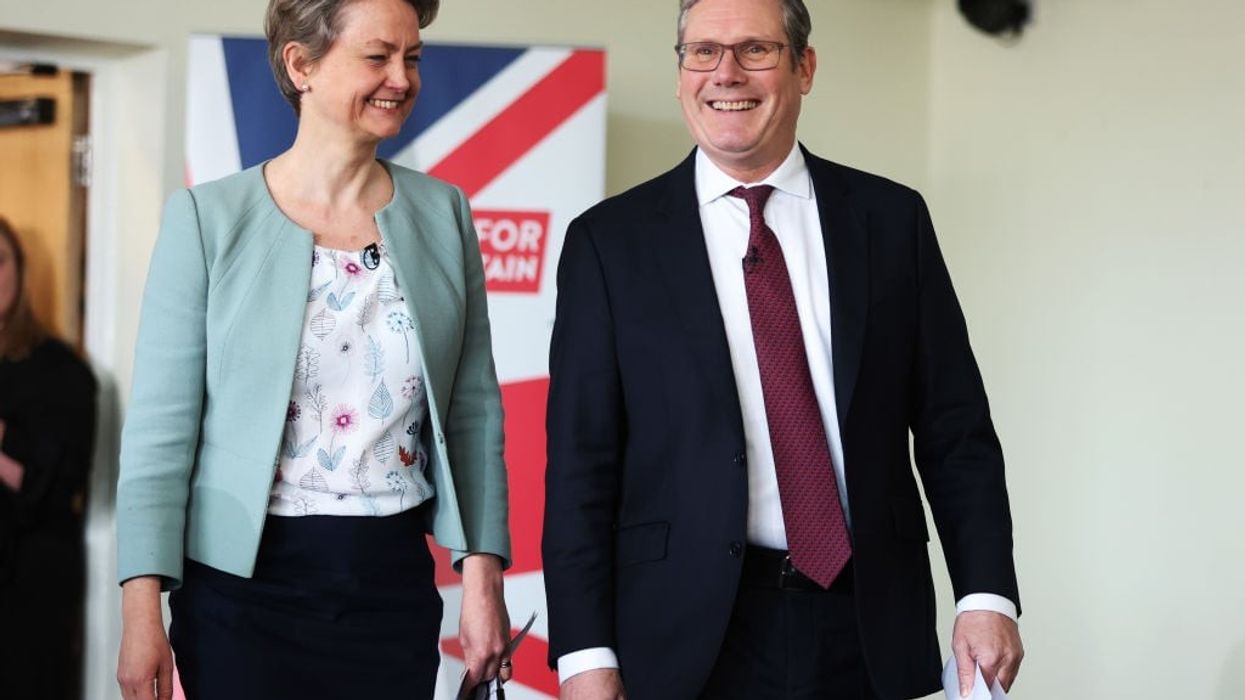PRIME MINISTER Keir Starmer is re-evaluating a Tory-endorsed initiative to hike the salary threshold for migrant spouses, reported the Telegraph.
The required income for bringing a foreign spouse to the UK was elevated from £18,600 to £29,000 earlier this year, aiming to curtail net migration by approximately 300,000.
According to the report, home secretary Yvette Cooper has delayed raising the threshold to £38,700 next year and requested the Migration Advisory Committee (MAC) to review the appropriate level for the threshold.
In a statement to Parliament, Cooper highlighted the need to balance respect for family life with the economic wellbeing of the UK. She confirmed that the current threshold of £29,000 would remain unchanged until the MAC completes its review.
“The Minimum Income Requirement (for the family visa) is currently set at £29,000 and there will be no further changes until the MAC review is complete," she was quoted as saying.
The proposal to increase the threshold to £38,700, announced last December by then home secretary James Cleverly, faced significant opposition.
Migration experts warned that the higher threshold could lead to cancelled weddings and disrupted relationships for thousands of couples. Additionally, Home Office officials had advised against the increase, suggesting it could be challenged in court based on family rights and equality laws.
Brian Bell, the current chair of the MAC, also expressed concerns about the policy. He argued that the proposed change would have a minimal impact on net migration while negatively affecting British citizens seeking to bring their foreign partners to the country.
“You should think about the benefit in terms of the welfare of people in Britain. These are British citizens who want to bring their partners with them to live in Britain. There’s a social benefit and a welfare benefit of doing that, which I don’t think should be ignored," he was quoted as saying.
Bell further pointed out that there was no logical justification for setting the threshold at £38,700, a level comparable to the new salary requirement for foreign skilled workers.
In his opinion, the median salary for full-time workers in the UK in 2023 was £34,963.
Originally, the MAC had recommended setting the threshold for spousal visas at a level that would prevent citizens from needing benefits, which led to the initial threshold of £18,600 in 2011.
Although the MAC's review is not expected to be completed until after the summer, it is possible that the committee may recommend a figure lower than the current £29,000, potentially in the mid-£20,000s.
Cooper, however, said that Labour will continue with other Tory measures aimed at reducing net migration, which reached 685,000 in the year to December 2023.
These include restricting foreign students and care workers from bringing family members to the UK, raising the salary threshold for skilled worker visas from £26,200 to £38,700, and eliminating the 20 per cent going rate discount, which allowed employers to pay migrants less than UK workers in shortage occupations.
Furthermore, Cooper has tasked the MAC with exploring ways to reduce the IT and engineering sectors' reliance on foreign workers by increasing training and recruitment of domestic staff.
She stressed the importance of addressing skills shortages and labour market failures within the UK, rather than relying on immigration as a solution.
She added, "Whilst we will always benefit from international skills and talent, including to keep us globally competitive, immigration must not be used as an alternative to tackling skills shortages and labour market failures here in the UK. For that reason, we are setting out a new approach."





